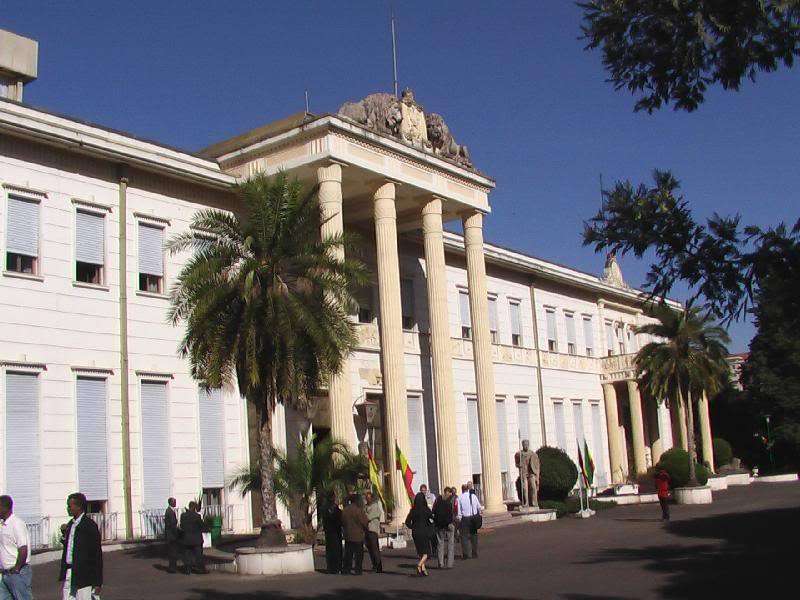Ethiopia Roundup: Food insecurity, development projects, ban on fuel-powered vehicles

Food insecurity
Residents in the Tigray Region in the Northernmost part of Ethiopia are grappling with hunger with the fate of many hanging. According to the Addis Standard, approximately 7,000 people displaced from Western and North Western Tigray have had to seek refuge in Endabaguna town near Shire. The situation is a result of war in the Tigray region. Many persons have succumbed to hunger with close to 400 people including 25 children dying out of starvation. The situation is likely to increase with worsening food insecurity challenges, placing a staggering four million individuals at risk of experiencing emergency hunger conditions, Addis Standard added.
Development projects
Fanabc reported that Ethiopia has signed a 28-million-dollar project agreement with the United Nations Industrial Development Organisation (UNIDO) to advance the textile and garments industry. The project is expected to be financed in collaboration with the Global Environmental Facility (GEF) as revealed during a signing ceremony at the Ministry of Finance. It will be implemented by the Ethiopian Textile Industries Development Institute and will focus on the promotion of circular economy in the textile and garment sector through the introduction of resource-efficient technologies and will be implemented over 5 years.
National Palace opening
The National Palace in Addis Ababa is scheduled to be opened to the public in February 2024 following months of renovation. Renovations began at the facility formerly called the Jubilee Palace in April 2023 with an estimated timeline of a year. The palace was previously named Jubilee Palace in honour of Emperor Haile Selassie’s Silver Jubilee in 1955. Before this, the palace only served as the Emperor’s primary residence and was not open to the public. According to Capital Ethiopia, the renovation project is part of the French government’s commitment to bolster the Ethiopian Heritage Program.
Ban on fuel-powered vehicles
The Finance Ministry of Ethiopia has indicated that the import of fuel-powered vehicles in the country has not completely been banned. This comes following a ban on the entry of fuel-powered automobiles by the Ministry of Transport and Logistics. Senior Legal advisor of the ministry, Wasihun Abate told local news media Ethiopian Reporter that no policy or decision prohibits the entry of fuel-powered vehicles into the country and allows only electric vehicles into the country. According to him, the directive is meant only to discourage the entry of such fuel-powered vehicles and encourage the entry of electric vehicles.
UNDP pledges support for National Rehabilitation Commission
The United Nations Development Programme (UNDP) has pledged continued support for Ethiopia’s National Rehabilitation Commission. According to Fanabc the Commissioner for the Ethiopian National Rehabilitation Commission, Ambassador Teshome Toga confirmed this when he met with the UNDP Ethiopia Resident Representative, Samuel Gbaydee Doe to discuss ongoing cooperation. The Commissioner indicated that the Programme has provided the Commission with technical assistance in its efforts in human resource development, structuring and program formulation and material aid such as office equipment and vehicles. The UNDP has also pledged to mobilise more resources to support the efforts of the Commission.